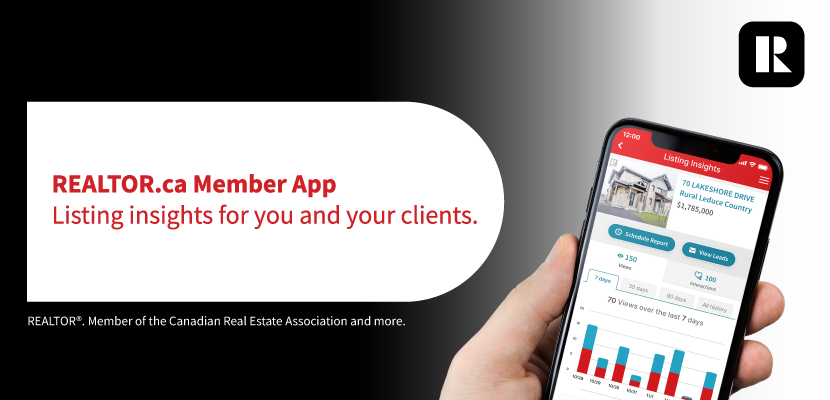The ability to think ahead and plan for future consequences is one of our key attributes for survival. The linkage between cause and effect is engrained in our logic and thinking. While some would argue a Pavlovian response is not unique to humans, what is unique is the further linkage in logical thought required to create a cause that provides a desired effect.
Cause and effect are seen in various forms. Sometimes they are embodied in ritual or superstition. Old folklore would offer suggestions on how to ward off evil spirits, or what to do to ensure the gender of an unborn child. Today we hear of famous athletes having certain rituals or carrying good luck charms in the hope of causing the effect of having a good game. Psychologically, believing in a causal relationship can be positive. Remember the story of the magic slippers that were given to the young ballerina for her nervous first performance…or the lucky sweater for the young hockey player? These were all associations tied together in the hopes of a successful outcome, without any real empirical evidence. Often an implied cause can create the momentum that leads to a positive effect.
In the realm of sales, we have often heard about the need to “make the calls”. The notion is that the number of calls you make is related to your success. In real estate, as in any interactive business, this is true to a certain extent, but it is important to look at this a little deeper.
Relating the cause to the effect is much more than just a simple numbers game. First, as a new agent in the business, or if you are new to a given geographical area, it is clearly important to make good use of your time and get your name out into the marketplace. It is equally important to make valuable interpersonal connections.
However, the notion of simply getting on the phone and dialing for dollars from a phone directory or data list has some downside. You will be faced with a lot of rejection, which can be demoralizing and demotivating. Second, if your message is spoken to the wrong audience, it’s as good as not having been communicated at all. The negative result of the misplaced communication is that you’ve wasted your time, which is always translated into money.
Understanding how you benefit from a given action is key to maximizing your time. When you are new to the business this is not as crucial as it is when you are active and are trying to juggle your current workload with prospecting for future business. Too often agents will be successful for a season, forget how they got to their success and subsequently discover a deep valley of no business behind the mountain peak they just experienced. You must do the research to figure out what caused the success.
The ultimate cause and effect dilemma is the question: “What came first, the chicken or the egg?” Did the number of cold calls you made result in a sale because you made the calls, or was there something else that made you successful?
Causes can be distinguished into two basic types: necessary and sufficient. However, there is a third type of cause, which requires neither necessity nor sufficiency, but which contributes to the effect. This is “contributory cause”.
An example is calling aluminium wiring a cause for a house burning down. However, it wasn’t just the type of wiring that caused the fire – there were other factors that, in combination, created the result. Consider this potential collection of events: the wiring was aluminium, which allowed for poor connectors that caused a short circuit. The walls had a proximity of flammable material, and there was an absence of firefighters or extinguishers. Within this collection, the wiring itself is an insufficient cause related to the ultimate effect.
So, when the number of doors that were knocked on, or the number of flyers dropped, or the number of cold calls made, is considered in creating a desired effect, you can’t stop there. There are many other factors that are contributory causes to a successful activity. For example, in making your calls, how strong is the database you are using? Do you have a good prospecting script for your calls? What time of day are you canvassing? Are you presentable during personal visits?
In short, it is important to not simplify a cause and effect relationship. It is never that lucky suit or the rosary in your pocket that gives long-lasting success. It is well-placed activity in a well-researched environment that is the key to long-term, career-building success.
Ari Lahdekorpi is the managing broker at YPA Realty Inc. in Surrey, B.C.


















